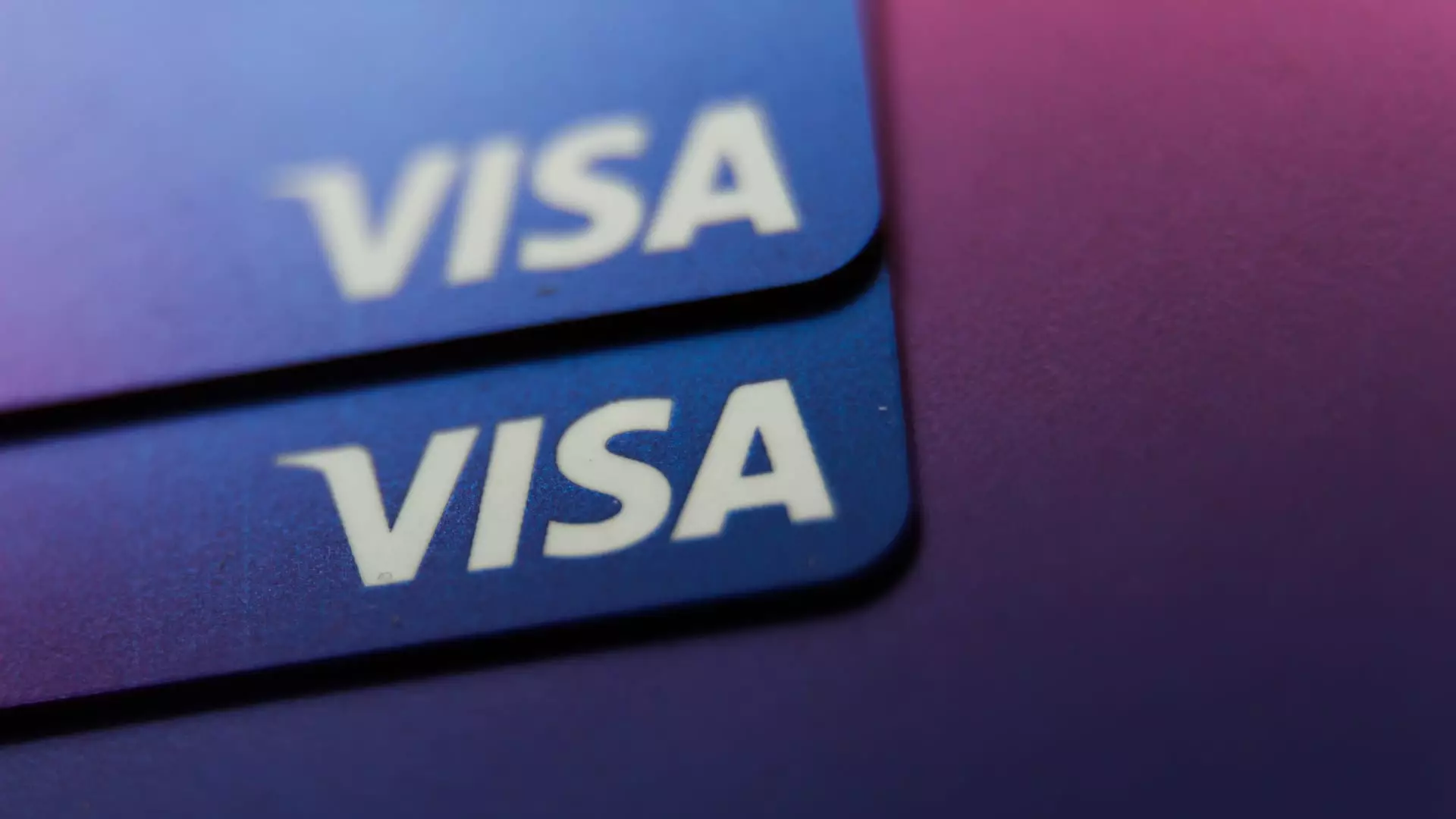Visa recently announced plans to launch a dedicated service for bank transfers, bypassing the use of credit cards and traditional direct debit processes. This new service, known as account-to-account (A2A) payments, is set to revolutionize the way consumers make transactions in Europe. By allowing users to set up direct debits directly from their bank accounts on merchants’ e-commerce sites with just a few clicks, Visa aims to simplify the payment process and provide consumers with greater control over their finances.
Currently, when consumers set up payments for bills or subscriptions, they are required to fill out direct debit forms which involve sharing personal and sensitive bank details. This lack of security and control over payment amounts has been a longstanding issue for consumers. Static direct debits, in particular, require advance notice for any changes in payment amounts, making it inconvenient for individuals to adjust their transactions. With the introduction of Visa’s A2A service, consumers will now have the option to set up variable recurring payments (VRP), allowing for greater flexibility and ease in managing recurring payments of varying amounts.
Visa’s A2A product relies on an innovative technology called open banking, which mandates lenders to grant third-party fintech companies access to consumer banking data. This approach has gained traction in Europe due to regulatory reforms in the banking sector, enabling new payment services to directly link to consumers’ bank accounts. Visa’s acquisition of Tink, an open banking service, for 1.8 billion euros ($2 billion), underscores its commitment to staying ahead of the curve in the evolving fintech landscape. By leveraging open banking technology, Visa aims to provide consumers with a seamless and secure payment experience while giving merchants more flexibility in choosing payment options.
Visa’s foray into A2A payments comes at a time when the fintech industry is witnessing rapid growth and innovation. Rival companies like Mastercard are also exploring new payment solutions to cater to changing consumer demands. The strategic acquisition of Tink by Visa demonstrates its proactive approach to adapting to market trends and staying competitive in the face of emerging threats from disruptive fintech startups. However, Visa’s move to introduce A2A payments may pose potential challenges in terms of cannibalizing its existing card business, as merchants could opt for alternative payment methods to avoid transaction fees associated with card payments.
Despite the uncertainties surrounding the monetization of its A2A service, Visa remains committed to providing consumers with a wide range of payment options, whether through traditional cards or non-card transactions. By collaborating with UK banks and open banking players, Visa aims to create an open system for A2A payments to thrive, offering consumers greater choice, security, and convenience in their financial transactions. Through continuous innovation and strategic partnerships, Visa is poised to shape the future of payment technology and redefine the way individuals interact with money in the digital age.

